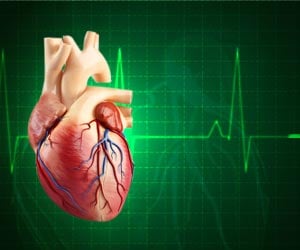Cardiometabolic syndrome increases the risk for cardiovascular disease in people who are obese and have high blood pressure.

"Inhibitors of sEH have recently reached a point where their ability to combat cardiovascular and kidney diseases can be determined in humans", states Dr. Imig. "In this study we show that when used in combination with a PPARγ agonist therapy for cardiometabolic syndrome that there is a synergistic effect to decrease cardiovascular risk factors and progressive kidney disease. Another potential positive aspect of this combination therapy is that sEH inhibition has beneficial actions to counteract the edema and congestive heart failure that occurs in patients treated long-term with PPARγagonists."
Future studies would include combinational chemistry approaches to design and synthesize drugs with dual sEH inhibitory and PPARγ agonistic activities. Dr. Hammock states, "these approaches are currently being done by his laboratory and others". He also says "that combining sEH inhibition not just with PPARγ but also with other therapies for cardiovascular, inflammatory, and renal diseases are on the horizon and have therapeutic potential as both drug combinations and dual sEH inhibitors with PPARγ activity for treating cardiometabolic syndrome."
Dr. Steven R. Goodman, Editor-in-Chief of Experimental Biology and Medicine said, " This study by John Imig and Bruce Hammack, performed on spontaneous hypertensive and spontaneous hypertensive obese rat models, suggests that a combined therapy with epoxide hydrolase inhibitors and thiazolidinediones may prove to be efficacious in treatment of the multi-disease characteristics of cardiometabolic syndrome. "
Source-Eurekalert
 MEDINDIA
MEDINDIA




 Email
Email




